Christmas, a holiday celebrated on December 25th, has a rich tapestry of history and traditions that span across cultures and centuries. For many, it is a time of joy, giving, and togetherness, marked by festive decorations, music, and special meals. But why is Christmas celebrated? What are the origins of this holiday, and how have its traditions evolved over time? This blog will delve into the historical, religious, and cultural aspects of Christmas, offering insights into why this holiday holds such significance for people around the world.
Why Is Christmas Celebrated?
The Historical Origins of Christmas
The celebration of Christmas traces its roots back to ancient times, long before the birth of Jesus Christ. Many historians believe that the date of December 25th was chosen to coincide with existing pagan festivals that celebrated the winter solstice. One of the most notable of these was the Roman festival of Saturnalia, held in honor of Saturn, the god of agriculture. During Saturnalia, people exchanged gifts, feasted, and engaged in merrymaking, which closely resembles some modern Christmas customs.
Another significant festival was the celebration of Sol Invictus, the “Unconquered Sun,” which honored the sun god. As Christianity spread through the Roman Empire, early Christians sought to incorporate and transform these existing pagan celebrations into Christian practices. By the 4th century AD, December 25th was officially recognized as the birthdate of Jesus Christ, and Christmas began to take on a distinctly Christian character.
The Christian Significance of Christmas
At its core, Christmas is a Christian holiday celebrating the birth of Jesus Christ, whom Christians believe to be the Son of God and the savior of humanity. According to the New Testament of the Bible, Jesus was born in Bethlehem to Mary and Joseph. The story of his birth is recounted in the Gospels of Matthew and Luke, highlighting the humble circumstances of his arrival, including the manger and the visit from the shepherds and Wise Men.
The Nativity story is central to Christmas celebrations and is often depicted in various forms of art, including nativity scenes, carols, and plays. The holiday serves as a time for Christians to reflect on the significance of Jesus’s birth and its implications for their faith. The themes of hope, redemption, and divine love are at the heart of Christmas, making it a deeply spiritual occasion for many.
The Evolution of Christmas Traditions
Over the centuries, Christmas has evolved from a religious observance into a more secular and widely celebrated holiday. This transformation has been influenced by a variety of factors, including cultural exchanges and commercial interests. Let’s explore some of the key traditions associated with Christmas and how they have developed over time.
Christmas Trees
The tradition of decorating a Christmas tree can be traced back to 16th-century Germany, where Christians began bringing evergreen trees into their homes and decorating them with candles, ornaments, and sweets. The Christmas tree became popular in England in the 19th century, thanks in part to Prince Albert, the German husband of Queen Victoria, who introduced the practice to the British royal family. Today, the Christmas tree is a central symbol of the holiday, adorned with lights, ornaments, and sometimes even edible treats.
Santa Claus
The figure of Santa Claus, or Saint Nicholas, has a complex origin. Saint Nicholas was a 4th-century Greek bishop known for his generosity and gift-giving. His legend merged with various folklore traditions over time, including the Dutch figure of Sinterklaas and the British Father Christmas. In the 19th century, the modern image of Santa Claus as a jolly, rotund man in a red suit was popularized in the United States, particularly through the illustrations of Thomas Nast and the Coca-Cola Company’s advertising campaigns.
Gift-Giving
Gift-giving is a hallmark of Christmas, symbolizing the gifts presented to the infant Jesus by the Wise Men. The tradition of exchanging gifts has evolved over time, with presents becoming a central aspect of the holiday. In many cultures, the act of giving gifts is seen as a way to express love and appreciation, and it is often accompanied by festive wrapping and special holiday shopping.
Christmas Carols
Singing Christmas carols is a tradition that dates back to the Middle Ages. Initially, carols were simply songs of joy and celebration, not necessarily tied to Christmas. Over time, they began to focus specifically on the themes of Christmas, including the Nativity story and seasonal greetings. Carols such as “Silent Night,” “Joy to the World,” and “Hark! The Herald Angels Sing” have become staples of Christmas music, performed in churches, public spaces, and homes around the world.
Why Is Christmas Celebrated on December 25th?
The date of December 25th for celebrating Christmas is deeply ingrained in tradition, but its origins are a blend of historical, religious, and cultural factors. Understanding why Christmas falls on this specific day involves exploring ancient practices and early Christian decisions.
Ancient Roots and Pagan Festivals
The choice of December 25th is believed to have been influenced by pre-existing pagan festivals that marked the winter solstice. In ancient Rome, the festival of Saturnalia celebrated Saturn, the god of agriculture, with feasting, gift-giving, and revelry. Additionally, the festival of Sol Invictus, or the “Unconquered Sun,” honored the sun god and celebrated the lengthening of daylight after the solstice. Early Christians sought to align their celebration of Jesus’s birth with these existing festivities, facilitating the transition from pagan to Christian celebrations.
Early Christian Decision
The exact birth date of Jesus Christ is not specified in the Bible, and early Christians did not initially celebrate his birth. It wasn’t until the 4th century AD that December 25th was formally chosen as the date to commemorate Jesus’s Nativity. This decision by the Roman church was partly strategic: aligning the celebration with the solstice festivities made it easier for converts to embrace Christianity. By the time of Pope Julius I, who is traditionally credited with establishing the December 25th date, the choice had solidified into a significant Christian tradition.
Theological and Symbolic Significance
For Christians, December 25th symbolizes the arrival of the “Light of the World” during the darkest time of the year. It serves as a powerful reminder of hope and renewal. Over the centuries, this date has come to represent not only the birth of Jesus but also the enduring message of love and redemption.
In summary, the choice of December 25th for Christmas is a confluence of ancient traditions and Christian adaptations, reflecting both historical practices and theological significance.
Christmas Around the World
Christmas is celebrated in various ways across different cultures and countries, reflecting local customs and traditions. Here are a few examples of how Christmas is observed globally:
United States and Canada
In North America, Christmas is a major holiday characterized by elaborate decorations, festive meals, and family gatherings. Traditions such as hanging stockings, attending church services, and enjoying seasonal treats like eggnog and gingerbread are common. In the United States, the holiday season also includes Thanksgiving and New Year’s celebrations, creating a festive period filled with events and activities.
United Kingdom
In the United Kingdom, Christmas is celebrated with traditions such as Christmas crackers, which are small, festive tubes that contain toys, jokes, and paper crowns. The Christmas meal often includes roast turkey, Christmas pudding, and mince pies. Boxing Day, celebrated on December 26th, is also an important part of the holiday season, traditionally a time for giving to those in need and enjoying sports and leisure activities.
Germany
Germany is known for its Christmas markets, or Christkindlmarkts, which feature handcrafted goods, festive foods, and mulled wine. The Advent season is marked by the use of Advent calendars and Advent wreaths. In German-speaking countries, Saint Nicholas’s Day is celebrated on December 6th, with children receiving small gifts and sweets.
Australia and New Zealand
In the Southern Hemisphere, Christmas falls during the summer, and traditions often include outdoor barbecues, beach outings, and other warm-weather activities. Despite the different climate, Australians and New Zealanders maintain many traditional Christmas customs, such as decorating Christmas trees and exchanging gifts.
More Posts:
The Modern Significance of Christmas
In contemporary times, Christmas continues to be a time of celebration, reflection, and connection. While the religious aspects of the holiday remain important to many, Christmas has also become a secular celebration embraced by people of diverse backgrounds. The emphasis on family, generosity, and community resonates with a broad audience, making Christmas a universally cherished occasion.
As society evolves, so too do the ways in which Christmas is celebrated. Whether through embracing traditional customs or creating new ones, the spirit of Christmas endures. It remains a time for people to come together, celebrate, and find joy in the shared experience of the holiday season.
In conclusion, Christmas is celebrated for a multitude of reasons, rooted in history, religion, and culture. From its origins as a Christian festival commemorating the birth of Jesus Christ to its modern incarnation as a global celebration of joy and goodwill, Christmas holds a special place in the hearts of millions around the world. By understanding the rich history and diverse traditions associated with this holiday, we can better appreciate the significance of Christmas and the ways in which it brings people together in celebration.

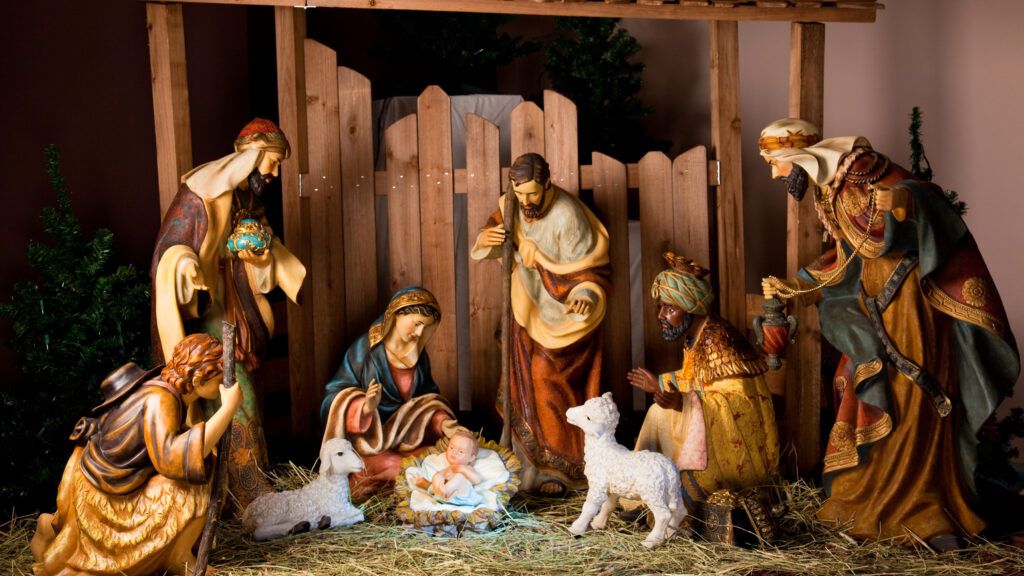
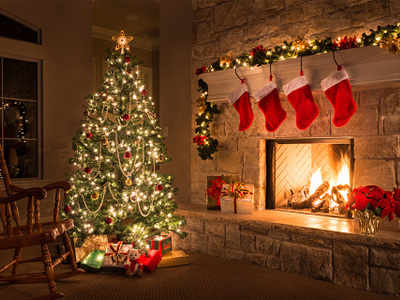

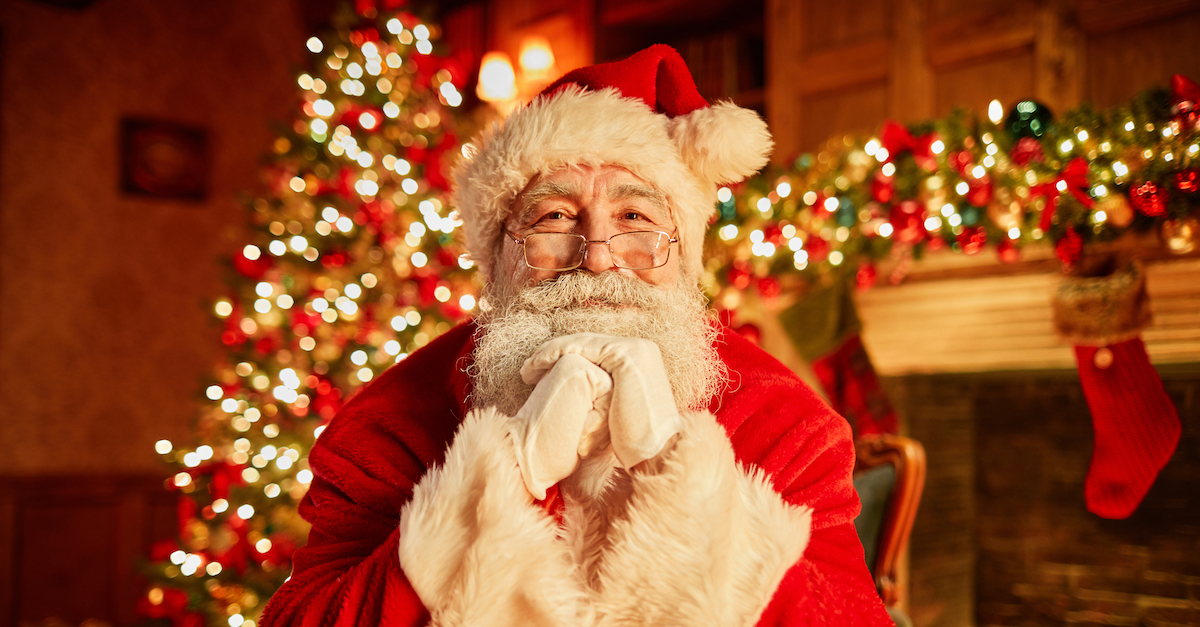

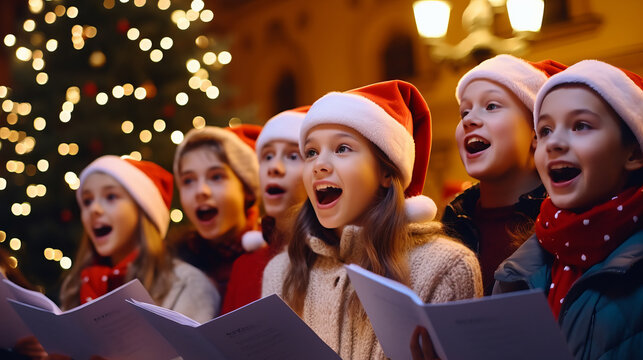

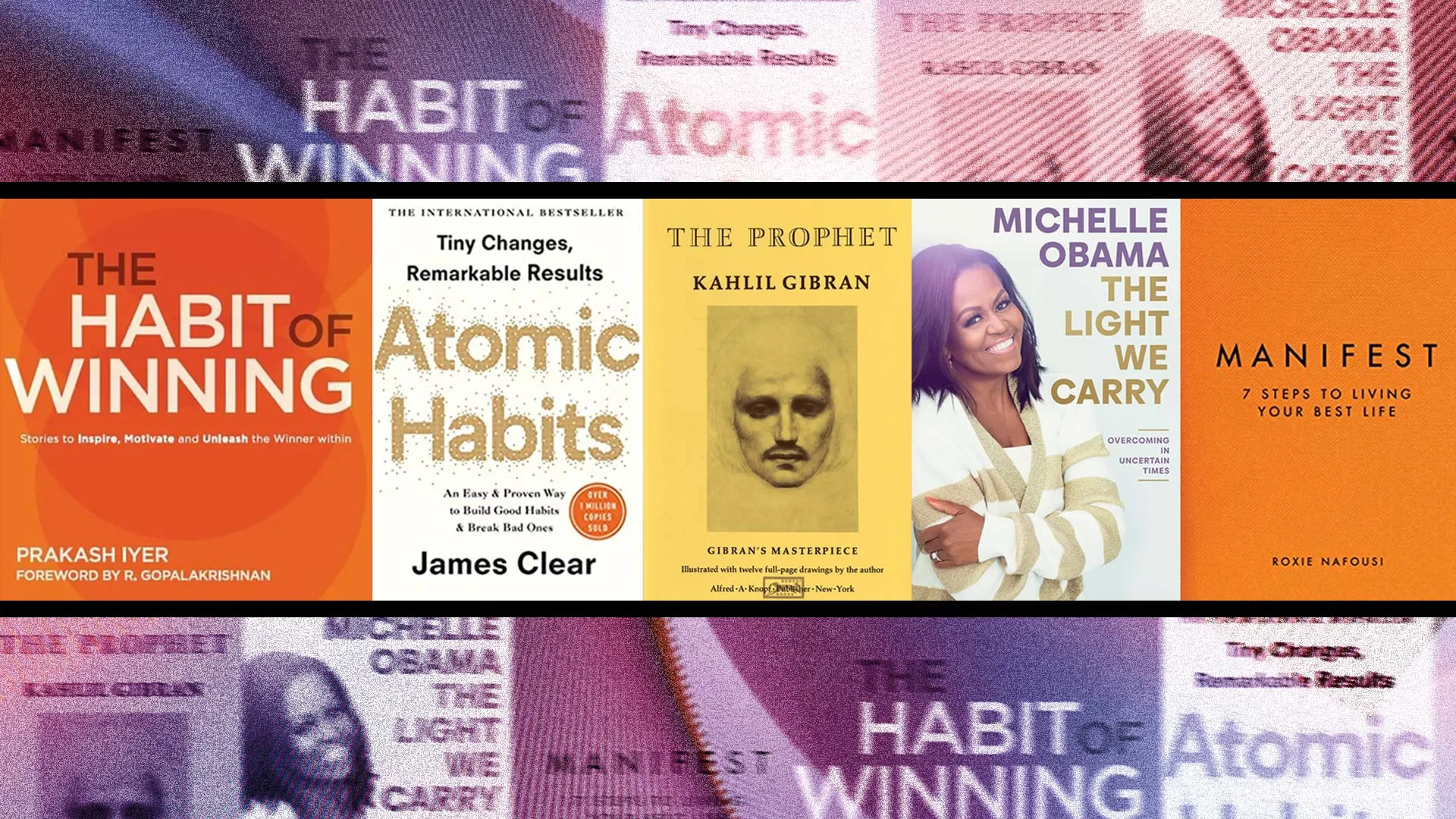
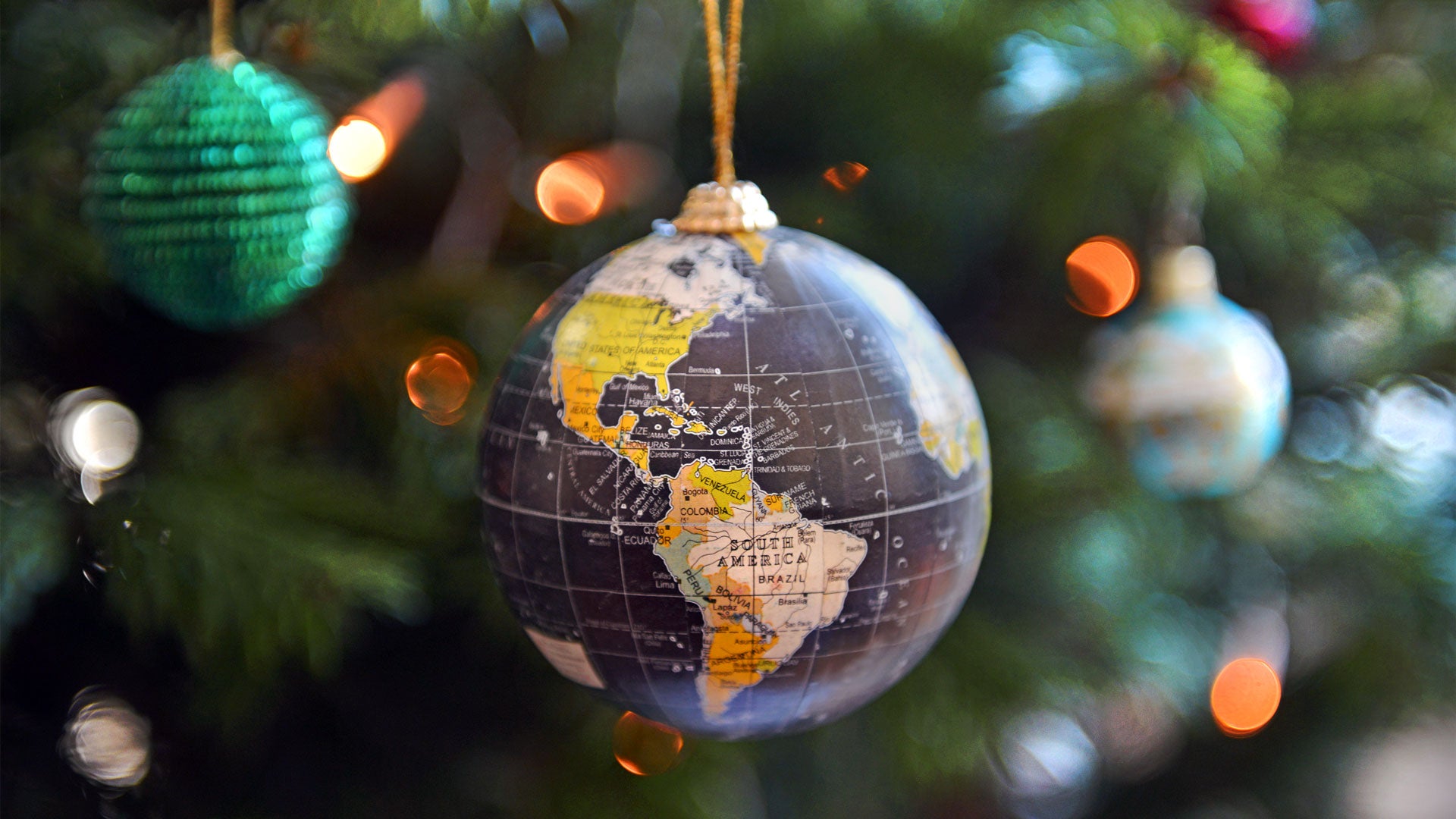




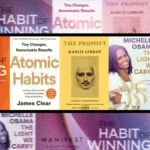





1 thought on “Why Is Christmas Celebrated: 5 Key Aspects of Its Rich History and Traditions”